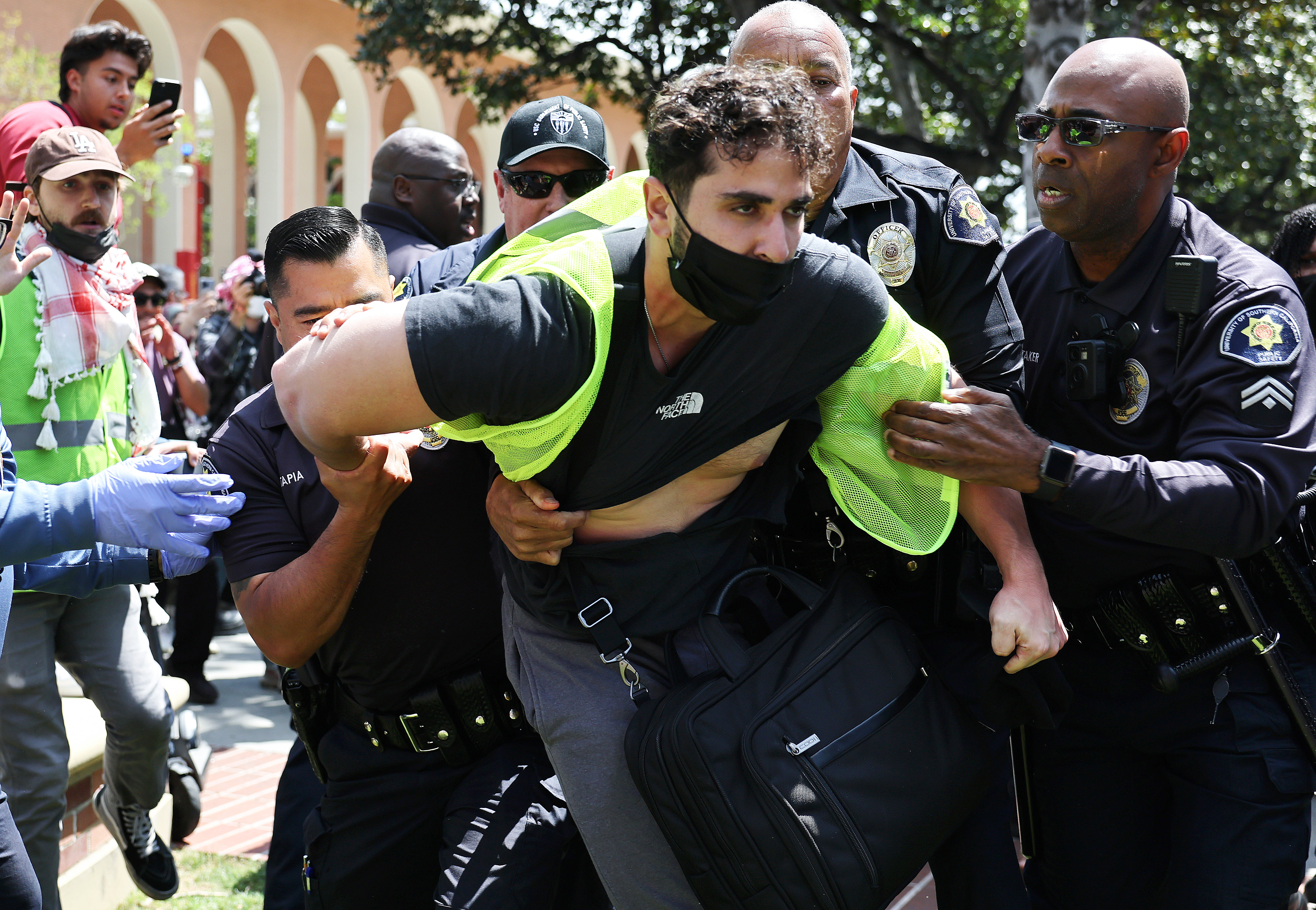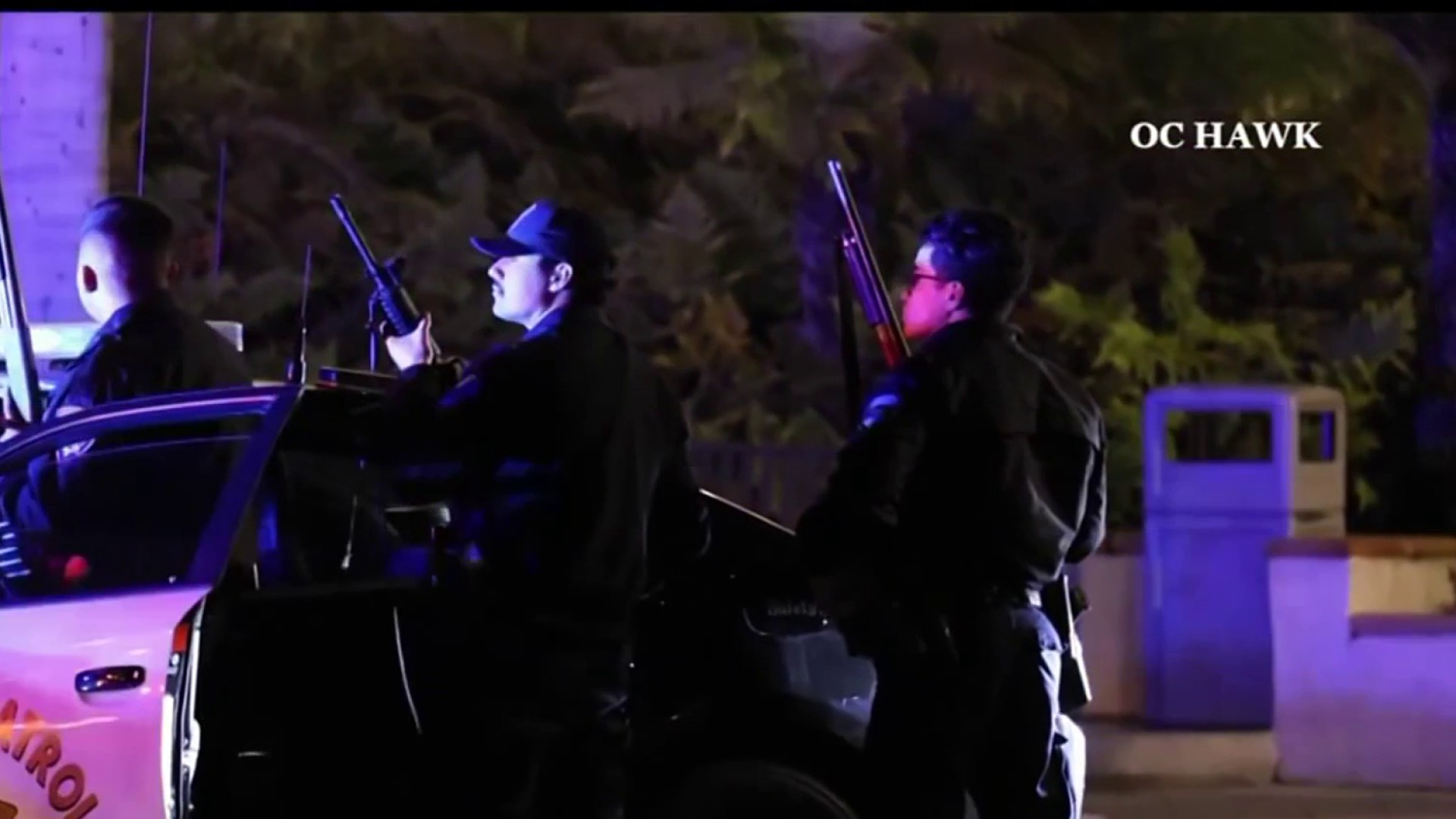A ban on commercial cannabis remains in place in unincorporated areas of Los Angeles County, with the Board of Supervisors Tuesday opting not to take any action on the issue, even as new legal dispensaries open with state and local licenses in other parts of the county.
The county's Department of Consumer and Business Affairs presented three options to the Board of Supervisors for moving forward: allow and regulate all types of medical and recreational commercial cannabis activity; limit the types of cannabis businesses that can open, for example, only allow medical dispensaries; or keep the ban in place.
Based on months of discussions with drug policy experts, academic researchers, public health professionals, local elected officials and residents, the Office of Cannabis Management earlier presented the board with 64 recommendations and a tax revenue analysis. The DCBA report focused on the steps required to implement any particular policy, including detailed maps of where businesses could be located.
A key takeaway of the report is that if the board chooses to lift the ban, there's a lot more work to be done -- setting up a commission as well as an advisory review board, creating a health assessment, amending at least five different county ordinances and setting up a public workshop around access to cannabis opportunities. All of which would likely take months, if not years.
And the board is not in a hurry.
"The Board of Supervisors has decided not to rush this issue and, by taking no action on the report today, has allowed the ban on commercial cannabis in the unincorporated areas to stay in place," Supervisor Janice Hahn said in a statement. "However, this ban does not affect residents' ability to use cannabis recreationally or grow plants on their property for personal use as guaranteed under Proposition 64."
More than 100 people signed up to speak on the issue during the board's meeting and a majority of them pressed the county to move toward regulation, arguing that the ban allowed a black market to flourish, contrary to the aim of statewide legalization.
News
Top news of the day
"The county and its cities need leadership," said cannabis activist Jonatan Cvetko. "They need your leadership. So uphold the spirit of Prop 64 and provide pathways to legislation to transition dealers ... to a regulated market."
But others raised concerns about protecting neighborhoods and children in particular from exposure to cannabis.
One Rowland Heights resident and school board member said her neighborhood wanted the ban to remain, urging the county not to take a cookie-cutter approach to all communities.
"I speak as a parent, a grandparent, a great-grandparent, but also as a board member," Lynne EbenKamp told the board. "Many of us are speaking up because children never did get a vote on this. And they will see the worst effects of it in their future."
Hahn said she would continue to work to get illegal dispensaries in unincorporated areas shut down quickly and permanently. However, that has proven difficult to accomplish.
The report to the board noted that about 75 illegal stores were operating in April 2017. Seven months later, 29 of those shops had been shut down, but 31 new ones had opened in their place, in what was described as a "whack-a-mole" problem.
The DCBA offered various strategies to enhance enforcement, ranging from a county seal of approval in store windows to increase consumer awareness of legal versus illegal businesses to more aggressive ideas, like warning landlords and employees about illegal activities and disconnecting utilities serving illegal stores.
If the county moves toward regulation, estimated tax revenues would be roughly $18 million in the first year of permitting increasing to nearly $34 million after five years, according to the OCM.
Implementing a tax would require a ballot measure. The earliest opportunity for such a measure would be November 2018, which would require action by Aug. 10.



